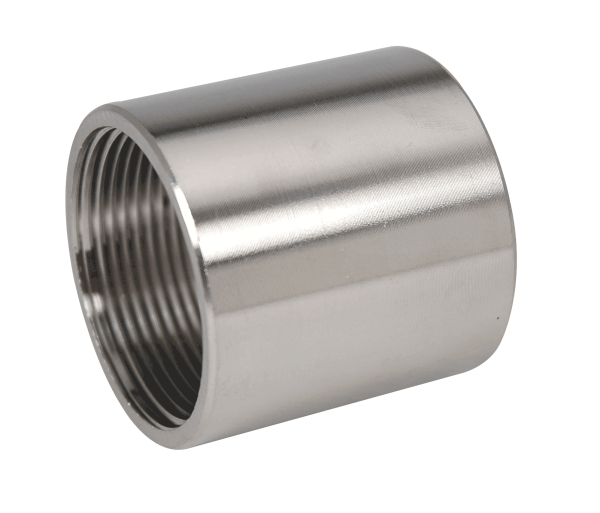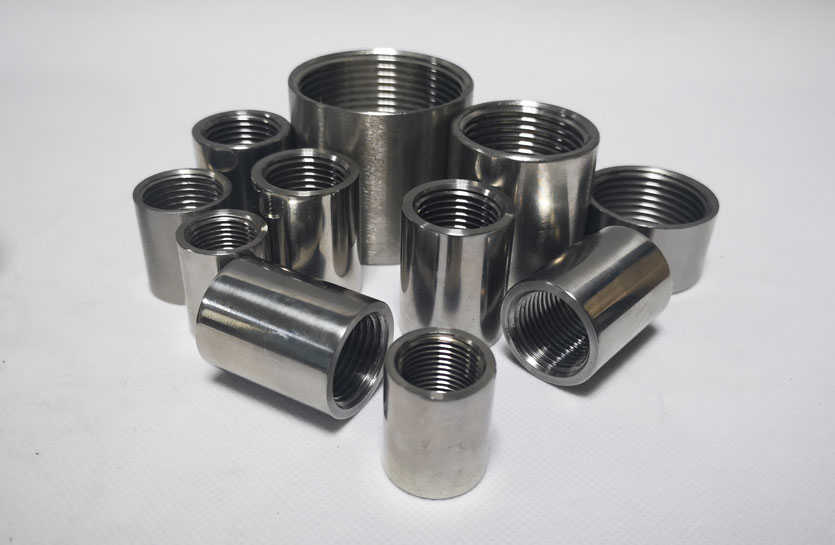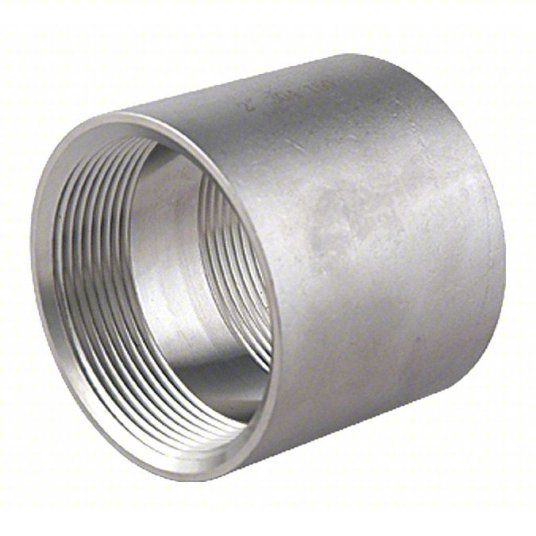Product Description
Ifan Pex PPR PVC CPVC UPVC HDPE PPH Hose BSP NPT Press Compression Plastic Brass Copper Stainless Steel Water Plumbing Pipe Fitting Coupling
| Product Name | Ifan Pex PPR PVC CPVC UPVC HDPE PPH Hose BSP NPT Press Compression Plastic Brass Copper Stainless Steel Water Plumbing Pipe Fitting Coupling |
| Brand | IFAN |
| Pressure | PN25 |
| Sample | Free Sample |
FAQ
FAQ
Q1:What payment terms do you support?
A1:TT,TD,TP,L/C,Western Union,Paypal,Money Gram are available,and for TT,we accept 30% deposit in advance,70% balance against copy of B/L.
Q2:Are you a manufacture or trading company?
A2:Yes,we are professional manufacture in China, and have been this field for 29+years.
Q3:lt is possible to get samples from your factory?
A3:Yes.free samples will be sent if needed but the freight can be negotiated orchargeable it will be refunded after confirmation of the order.
Q4:We can make other color ?
A4:Of course,we support OEM and ODM.
Q5:How long is your delivery time?
A5:15-30days after receiving deposit.
Q6:Can I place an order outside of your office hours?
A6:Yes. Orders can be placed online 24 hours a day.
/* March 10, 2571 17:59:20 */!function(){function s(e,r){var a,o={};try{e&&e.split(“,”).forEach(function(e,t){e&&(a=e.match(/(.*?):(.*)$/))&&1

How Does the Grade of Stainless Steel Used in Couplings Impact Their Performance?
The grade of stainless steel used in couplings has a significant impact on their performance and suitability for specific applications. Stainless steel is an alloy that contains varying amounts of elements like chromium, nickel, and molybdenum, which give it different properties. The most common grades of stainless steel used in couplings are:
- Austenitic Stainless Steel (e.g., 304, 316): Austenitic stainless steel is the most widely used grade in couplings due to its excellent corrosion resistance, high ductility, and non-magnetic properties. Grade 304 is commonly used in general-purpose applications, while grade 316 offers higher corrosion resistance, making it suitable for more aggressive environments like marine or chemical industries.
- Ferritic Stainless Steel (e.g., 430, 446): Ferritic stainless steel has lower corrosion resistance compared to austenitic grades but offers better resistance to stress corrosion cracking. It is used in certain coupling applications where moderate corrosion resistance is sufficient.
- Martensitic Stainless Steel (e.g., 410, 420): Martensitic stainless steel is known for its hardness and strength. It is used in couplings that require higher mechanical properties, but it may have reduced corrosion resistance compared to austenitic grades.
- Duplex Stainless Steel (e.g., 2205, 2507): Duplex stainless steel combines the properties of austenitic and ferritic grades, offering high strength and better resistance to stress corrosion cracking and pitting. It finds applications in critical coupling systems where both strength and corrosion resistance are essential.
The choice of stainless steel grade depends on the specific requirements of the coupling application. Factors such as environmental conditions, exposure to corrosive substances, temperature, and mechanical stresses must be considered when selecting the appropriate grade. For example, couplings used in marine environments may require a high-grade austenitic stainless steel like 316 to withstand saltwater corrosion, while couplings in food processing may use grade 304 for its hygienic properties and general corrosion resistance.
In summary, the grade of stainless steel used in couplings directly influences their performance in terms of corrosion resistance, strength, ductility, and suitability for various applications. Proper selection of the stainless steel grade ensures that the couplings deliver reliable and long-lasting performance in their intended operating conditions.

Causes of Failure in Stainless Steel Couplings and Prevention
Stainless steel couplings are designed for durability and reliability, but like any mechanical component, they can experience failure under certain conditions. Understanding the potential causes of failure and taking preventive measures can help ensure the longevity and performance of stainless steel couplings. Some common causes of failure include:
1. Overloading: Exceeding the maximum torque or load capacity of the coupling can lead to deformation or breakage. To prevent overloading, it’s essential to choose a coupling with the appropriate torque and load ratings for the specific application.
2. Misalignment: Misalignment between shafts can create additional stresses on the coupling, leading to premature wear and failure. Regularly inspect and adjust shaft alignment to ensure it stays within the coupling’s allowable limits.
3. Corrosion: While stainless steel is corrosion-resistant, it is not immune to corrosion, especially in harsh environments with exposure to corrosive substances. Regular cleaning and maintenance can help prevent corrosion-related failure.
4. Fatigue: Repeated cycles of loading and unloading can cause fatigue failure in the coupling. Ensure that the coupling’s rated fatigue life matches the application’s requirements and replace worn-out couplings promptly.
5. Installation Errors: Improper installation, such as insufficient tightening of set screws or improper keyway fitting, can lead to coupling slippage and failure. Follow the manufacturer’s guidelines for correct installation procedures.
6. Contamination: Foreign particles or debris can get trapped between the coupling’s mating surfaces, leading to uneven loading and premature wear. Keep the coupling and surrounding area clean to avoid contamination-related issues.
7. Temperature Extremes: Extreme temperature variations can affect the material properties of the coupling and lead to failure. Choose couplings rated for the temperature range of the application.
8. Vibration and Resonance: Excessive vibration or resonance can cause stress concentrations in the coupling, leading to fatigue failure. Dampen vibrations and resonance using appropriate mounting and isolation techniques.
9. Material Defects: Occasionally, manufacturing defects in the stainless steel coupling can cause premature failure. Source couplings from reputable manufacturers with a track record of quality and reliability.
Preventive Measures: To prevent failure and ensure optimal performance, consider the following preventive measures:
- Choose the right coupling type and size for the application’s torque and load requirements.
- Regularly inspect and maintain the coupling, checking for signs of wear, misalignment, or contamination.
- Ensure proper installation following the manufacturer’s guidelines.
- Monitor operating conditions and address any unusual vibrations or temperature variations promptly.
- Perform regular shaft alignment checks to avoid excessive misalignment.
- Use protective measures such as seals or covers to prevent contamination and corrosion.
- Monitor coupling fatigue life and replace worn-out couplings before they reach their fatigue limit.
By understanding the potential causes of failure and implementing appropriate preventive measures, users can increase the reliability and longevity of stainless steel couplings in their applications.

Types of Stainless Steel Couplings
Stainless steel couplings come in various designs and configurations to suit different application requirements. Some common types of stainless steel couplings available in the market include:
1. Clamp-Type Couplings:
These couplings consist of two hubs with screws or clamps that tighten around the shafts to create a secure connection. Clamp-type couplings are easy to install and provide good torque transmission while accommodating shaft misalignments.
2. Oldham Couplings:
Oldham couplings have a unique three-piece design with two hubs connected by a center disk. The disk is made of a different material like acetal or nylon and allows for zero-backlash operation and misalignment compensation.
3. Jaw Couplings:
Jaw couplings are made of two hubs with elastomeric inserts, known as spider elements, that provide shock absorption and misalignment compensation. They are commonly used in pumps, compressors, and other machinery.
4. Disc Couplings:
Disc couplings consist of multiple thin stainless steel discs stacked together with spacer elements. They offer high torsional stiffness and are suitable for applications requiring high torque transmission and precision.
5. Bellows Couplings:
Bellows couplings use thin-walled stainless steel bellows to compensate for misalignments while maintaining a hermetic seal. They are commonly used in vacuum systems and applications requiring precision motion control.
6. Grid Couplings:
Grid couplings feature a flexible grid element between two hubs, providing excellent shock absorption and misalignment compensation. They are commonly used in heavy-duty applications.
7. Multi-Beam Couplings:
Multi-beam couplings have multiple beams that offer flexibility and compensate for misalignments while maintaining torsional stiffness. They are suitable for precise motion control applications.
Each type of stainless steel coupling has its unique advantages and is designed to meet specific performance criteria. When selecting a stainless steel coupling for a particular application, it is essential to consider factors like torque requirements, misalignment compensation, and environmental conditions to ensure optimal performance and longevity.
“`

editor by CX 2024-02-09
